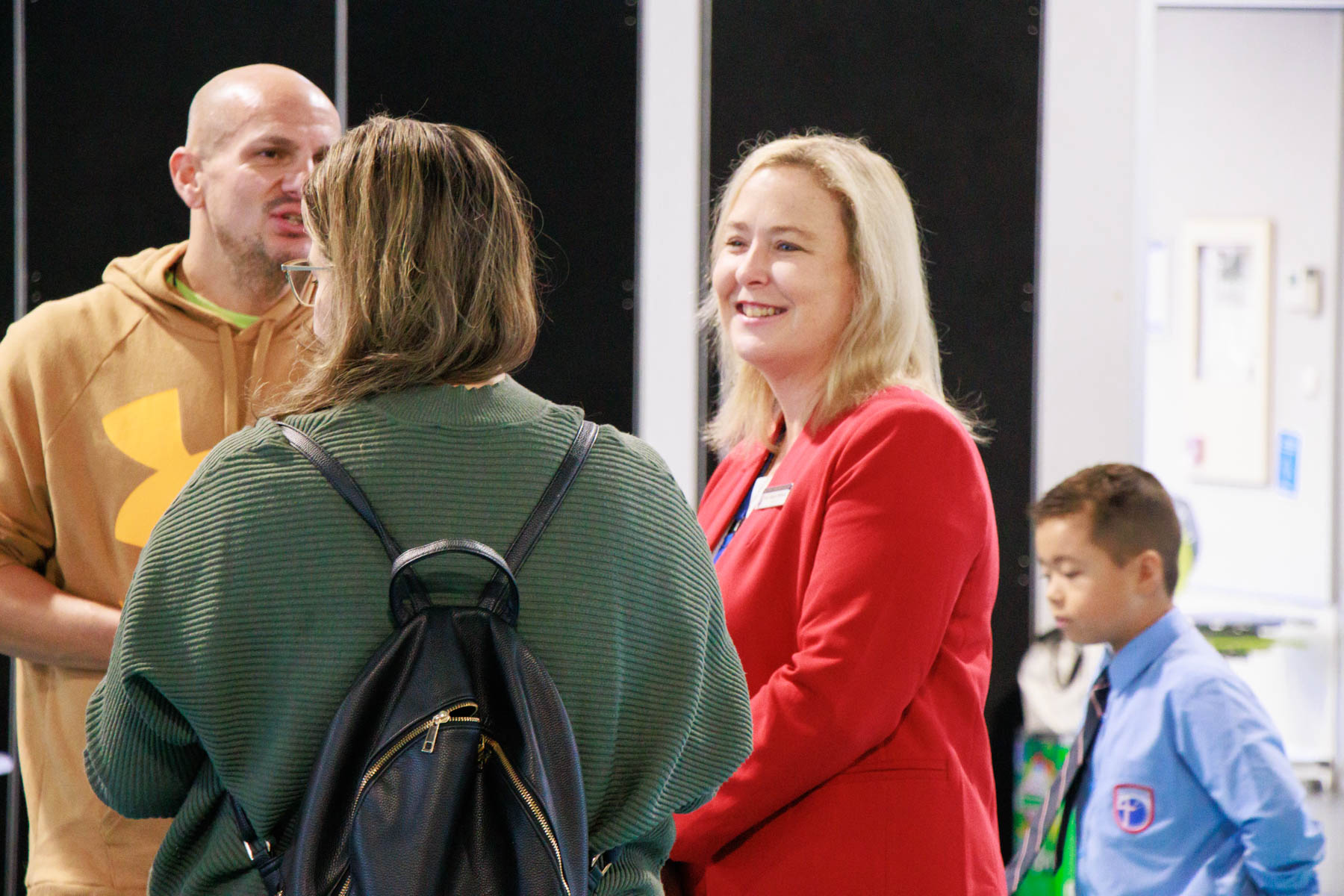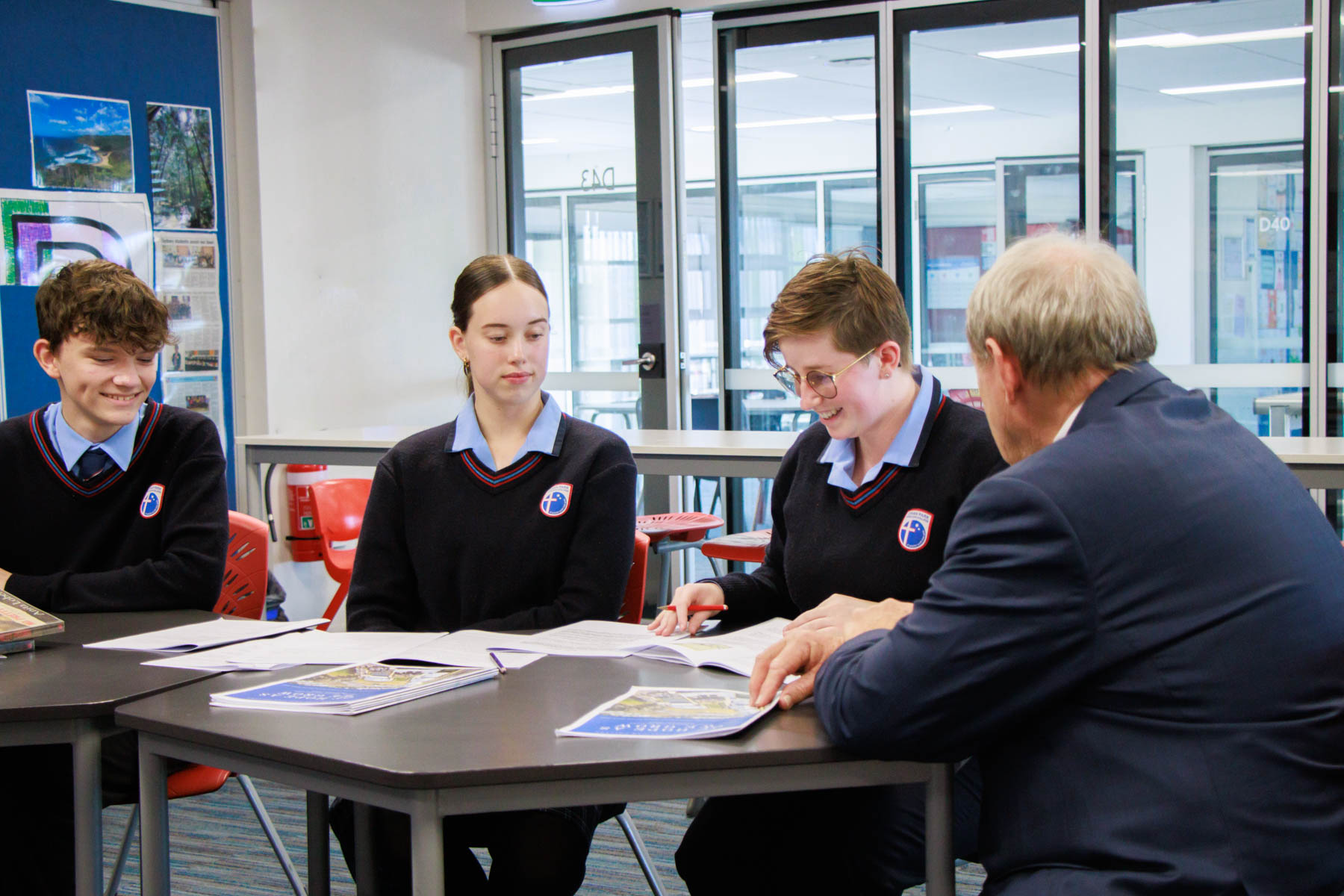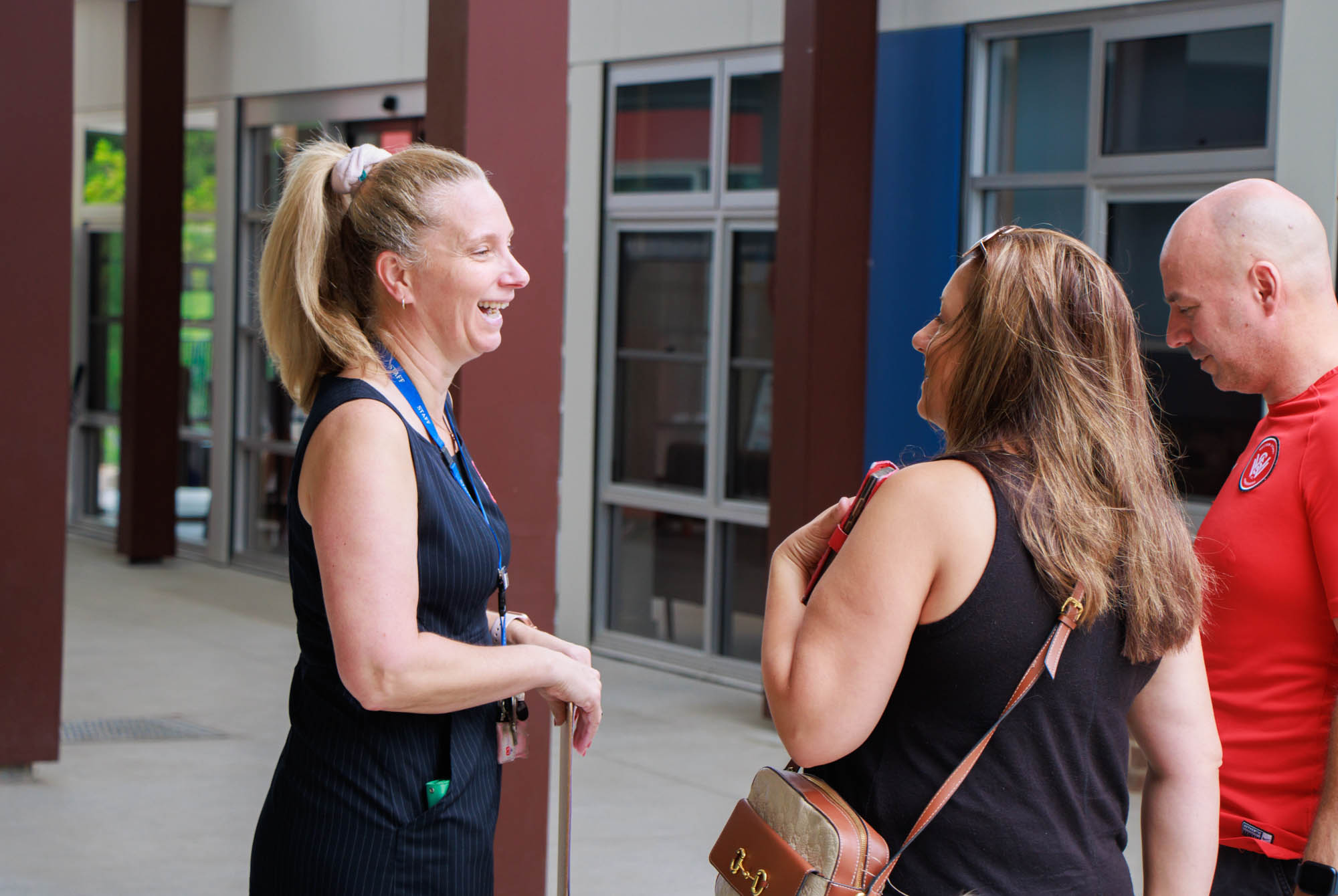Fostering Strong School-Parent Partnerships for Student Success
As we approach the end of another vibrant learning term, I would like to take this opportunity to emphasise the crucial partnership between our college and our parents in nurturing the academic and personal growth of our students. Research consistently highlights the positive impact of active parental engagement on student outcomes, and we are committed to strengthening this collaboration.
We believe that education is a shared responsibility. Parents are our students’ first teachers, and the support and encouragement you provide at home significantly influence your children’s academic achievements and well-being. According to the Australian Institute for Teaching and School Leadership (AITSL), effective parent engagement is linked to higher grades, better attendance, and improved behaviour at school.
Engagement Strategies for Parents
There are many ways in which parents can engage with their child’s learning both at school and at home. The Australian Research Alliance for Children and Youth (ARACY), in partnership with the ACT Government and local schools, developed a conceptual model outlining specific actions and attitudes central to parental engagement that are most effective:

Family-Led Learning
- High Expectations
- Shared Reading
- Parent/Child Conversations (especially around learning, social issues, family stories)
- Homework Support (providing an appropriate environment, setting rules consistent with school expectations, encouraging autonomous learning, and fostering positive parent-child interactions)
- Cognitively Stimulating Environment
- Support for Social and Emotional Wellbeing (peer relationships, teacher relationships)

Family-School Partnership
- Communication about children’s wellbeing and progress
- Communication about what children are learning (specific information about what families can do to help)
- Engagement in the College community (positive attitudes towards school)
The benefits of these strategies lead to the following positive student outcomes:
- Belief in the importance of education
- Self-efficacy
- Academic competence/confidence
- Motivation and engagement in learning
- Persistence
- Skills for learning
- Social and emotional wellbeing
- Academic achievement
- Mental health and wellbeing
- Mitigating the impacts of disadvantage on educational outcomes

Maintaining Open Communication
To foster this partnership, we maintain open, honest, and frequent communication with our families. We encourage parents to stay informed about their child's progress through semester reports, the fortnightly digest (Senior School), newsletters, and parent-teacher meetings. If you ever have concerns or questions, please do not hesitate to reach out to your child’s teacher or Stage Coordinator (Junior School) or Wellbeing Advisor (Senior School) team.

Engaging with Your Child's Learning
As reports come home next week and the holidays commence, I encourage parents to show their interest in their child’s learning. Ensure you are reading college communications and following up with your child on their participation in activities and events at college. Your care and attention show your child the value of education, which leads to increased motivation and engagement and ultimately positive educational outcomes.

Celebrating Achievements
Recognising and celebrating our students' achievements is also part of our college culture. We invite parents to attend morning assemblies (Junior School), sports events, and exhibitions to share in these moments of pride and accomplishment. Your presence and encouragement boost our students' confidence and motivation.
Thank you for your ongoing support of our college community. By working together, we can create a supportive, enriching environment that fosters academic success and personal growth.
God bless,
Mrs Naomi Wilkins
Principal
“Start children off on the way they should go, and even when they are old, they will not turn from it.”
Proverbs 22:6



